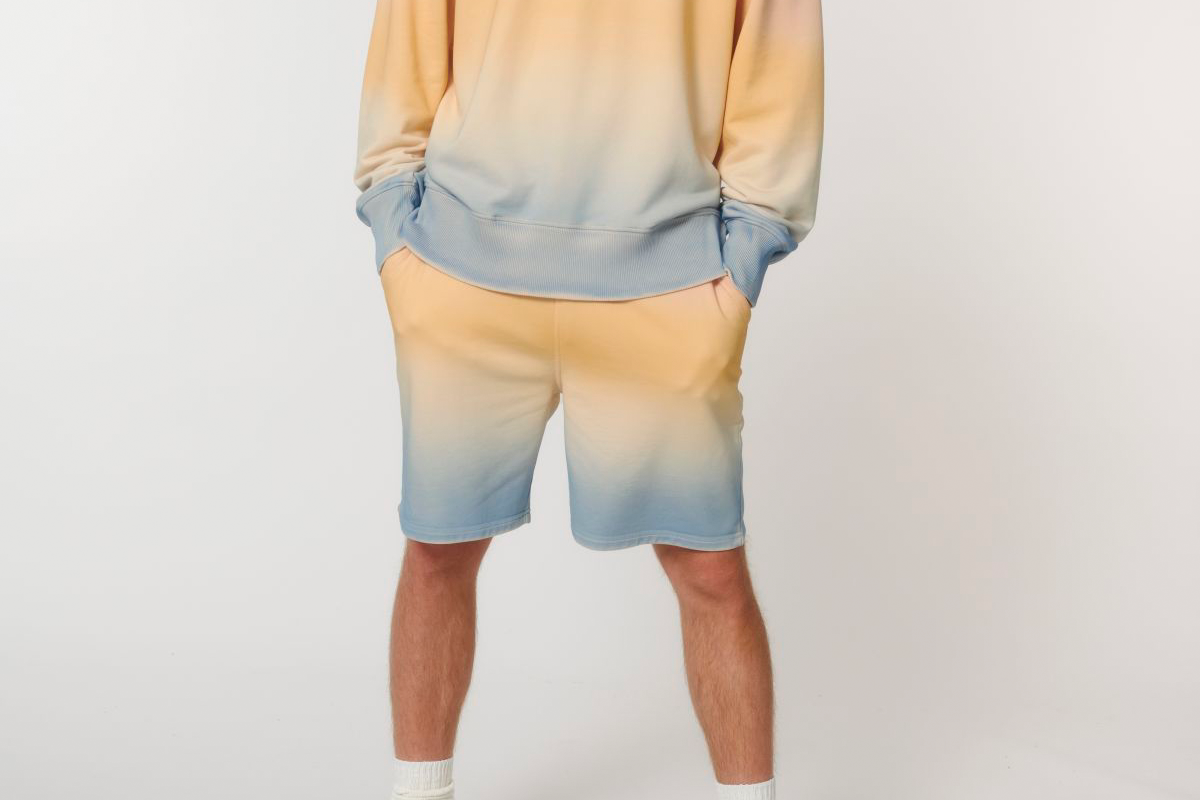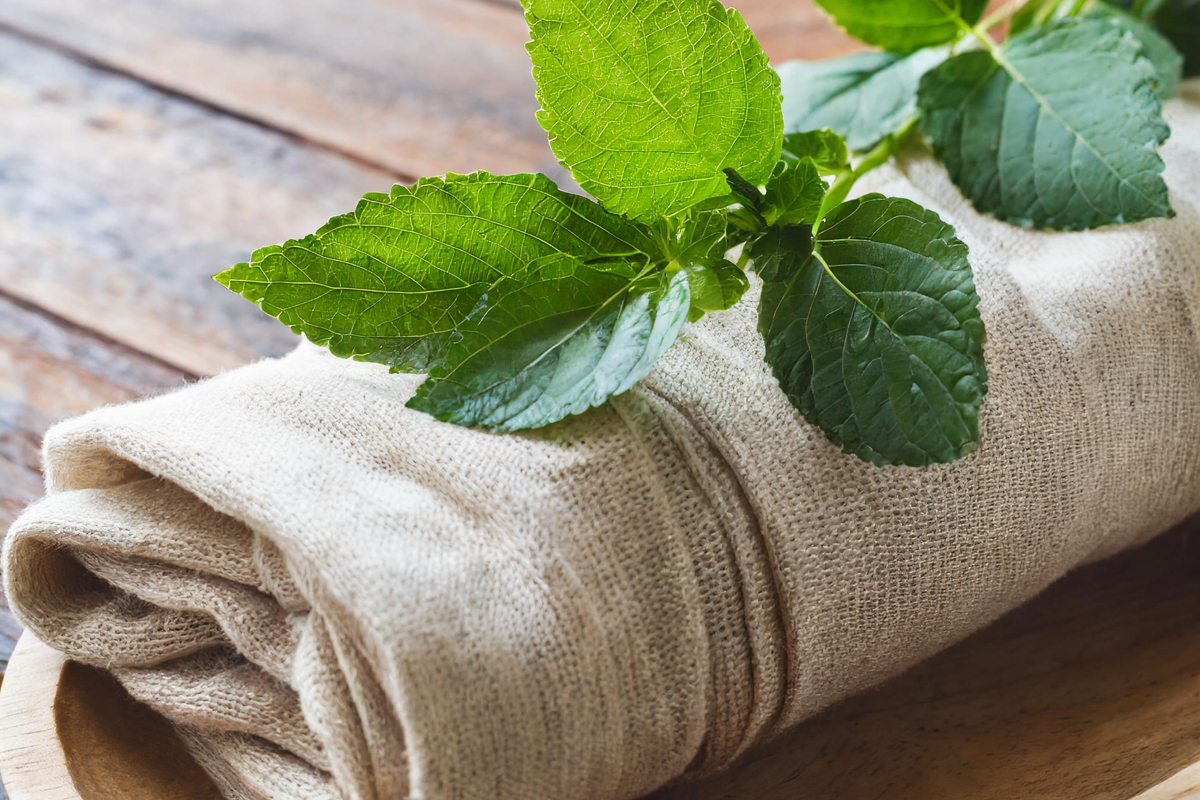A glimpse into the Future of Sustainable Fashion
·

·
We're taking a glimpse into the future of sustainable fashion in this blog post. As the fashion industry continues to prioritize sustainability, brands are coming up with new eco-friendly fabrics that reduce environmental impact. Here are some exciting developments in textiles that we can expect to see in 2024.
Pineapple Leather:
Piñatex, a vegan leather alternative made from pineapple leaf fibers, is being pioneered by brands like Hugo Boss. It requires much less water and energy to produce than animal leather or synthetic materials. Pineapple leather also upcycles agricultural residues, as the pineapple leaves are waste byproducts. We can expect to see it used in shoes, bags, clothes, and more.
Mushroom Silk:
Mycelium textiles create a silk-like material from parts of mushrooms! Brands like Bolt Threads are growing mycelium into usable fibers. Mushroom silk uses less water than cotton or traditional silk. It also doesn’t require clearing land to produce renewable plant material. These fabrics have a soft, luxurious sheen and hand feel.
Recycled Nylon:
Aquafil's Econyl recycles nylon waste from fishing nets, fabrics, and carpets into new nylon fabric. Their technology breaks down nylon into its core material components to produce high-quality fibers. This infinitely recyclable material provides a sustainable option for sportswear, swimwear, and other nylon-based textiles.
Bamboo Lyocell:
Lyocell from bamboo pulp creates soft, breathable rayon that requires less chemical processing than traditional viscose. Brands like Reformation use Tencel lyocell rather than viscose derived from tree pulp. Lyocell from bamboo yields stronger fibers using closed-loop processing that recycles water and solvents. We can expect to see it used widely in 2024 for dresses, activewear, and denim.
RecoverTM Recycled Cotton:
Recover converts cotton waste from factories into renewed cotton fiber. They recycle scraps from cut-and-sew plants that would otherwise get sent to landfills. Using blockchain technology, Recover can trace the full lifecycle impact. Their recycled cotton saves water and emissions versus virgin cotton. Brands like Levi’s are incorporating Recover recycled cotton into their lines.
The future of sustainable fashion relies on fabrics made efficiently from renewable, recycled resources. As brands find creative ways to upcycle waste into eco-friendly textiles, we move closer to circular production systems that conserve resources and reduce pollution. The fabrics of tomorrow are already here today!
Pineapple Leather:
Piñatex, a vegan leather alternative made from pineapple leaf fibers, is being pioneered by brands like Hugo Boss. It requires much less water and energy to produce than animal leather or synthetic materials. Pineapple leather also upcycles agricultural residues, as the pineapple leaves are waste byproducts. We can expect to see it used in shoes, bags, clothes, and more.
Mushroom Silk:
Mycelium textiles create a silk-like material from parts of mushrooms! Brands like Bolt Threads are growing mycelium into usable fibers. Mushroom silk uses less water than cotton or traditional silk. It also doesn’t require clearing land to produce renewable plant material. These fabrics have a soft, luxurious sheen and hand feel.
Recycled Nylon:
Aquafil's Econyl recycles nylon waste from fishing nets, fabrics, and carpets into new nylon fabric. Their technology breaks down nylon into its core material components to produce high-quality fibers. This infinitely recyclable material provides a sustainable option for sportswear, swimwear, and other nylon-based textiles.
Bamboo Lyocell:
Lyocell from bamboo pulp creates soft, breathable rayon that requires less chemical processing than traditional viscose. Brands like Reformation use Tencel lyocell rather than viscose derived from tree pulp. Lyocell from bamboo yields stronger fibers using closed-loop processing that recycles water and solvents. We can expect to see it used widely in 2024 for dresses, activewear, and denim.
RecoverTM Recycled Cotton:
Recover converts cotton waste from factories into renewed cotton fiber. They recycle scraps from cut-and-sew plants that would otherwise get sent to landfills. Using blockchain technology, Recover can trace the full lifecycle impact. Their recycled cotton saves water and emissions versus virgin cotton. Brands like Levi’s are incorporating Recover recycled cotton into their lines.
The future of sustainable fashion relies on fabrics made efficiently from renewable, recycled resources. As brands find creative ways to upcycle waste into eco-friendly textiles, we move closer to circular production systems that conserve resources and reduce pollution. The fabrics of tomorrow are already here today!



